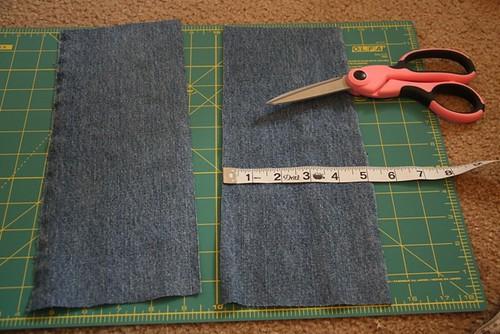The verb revive means to restore to life or consciousness or to regain life or strength. The first-ever Revive Fashion Show on Oct. 6 did exactly that.
Hosted and sponsored by Fair Indigo, an ethical and sustainable clothing company based in Madison, all of the proceeds from the show benefit the Dressember Foundation.
Dressember, a non-profit organization founded by Blythe Hill, provides education, life skills, training, medical treatment and aftercare to the survivors of human trafficking. Hill initially started to hear about human trafficking in 2005 when she learned that slavery continues to exist in every city in the world, including all fifty states.
According to the foundation, approximately 35 million people are currently confined to slavery, 70% of them being women. This is becoming the world’s fastest-growing criminal industry and it’s flourishing. Because of what we know as fast fashion in the clothing industry, society is purchasing 400% more clothing today than we did 20 years ago.
Not only this, but the workers making these clothes earn just 1-3% of the retail price of an item. Statistics such as these are what inspired the Revive fashion show to come to fruition.
“We at Fair Indigo really realized how Dressember and Fair Indigo have been combating this issue separately and in different ways for years,” Stacy Imhoff, a co-organizer for the Revive Fashion Show, said. “We thought it was a great opportunity to get our two like-minded organizations together to bring more awareness to the issue of ethical and fair trade fashion.”
As a graduate of the University of Wisconsin’s textile and apparel design program, Imhoff approached other women who had also graduated from the program in addition to harmonious brands and businesses within the community. The event had a mix of different brands, vendors and models participating, all of which were proponents of ethical fashion.
At this family-friendly event, vendors were eager to educate the public about the benefits of this cause.
A pop-up market before the show featured handmade ethical goods from makers and brands around the area, where a portion of the proceeds would go towards the Dressember Foundation.
Here, guests of the event were immediately engrossed in an environment full of passion and enthusiasm to inform individuals about the cornerstone of Fair Indigo and Dressember: ethical fashion.
“Ethical fashion — the exact opposite of slave labor that is employed to make cheap fast-fashion clothing — is what Fair Indigo is all about,” Imhoff said. “We pay the people who make our clothes a fair, living wage and ensure they have clean and safe working conditions and are treated with respect.”
These brands intend to stray away from the expectation of inexpensive and disposable clothing, which causes a high demand for cheap labor.
“[Cheaply made clothing] also results in more waste — more clothes are thrown away or donated to second-hand shops that are then exported to other countries for resale or disposal. If we can find a way to reuse what we already have, there is less demand for cheap labor. … Plus it’s just generally better for our environment too,” Imhoff said.
One stand at the market was home to Lev Apparel company where founder Krystle Marks said she employs women from New Delhi, India at a fair living wage to make clothing. This pulls the women out of poverty while empowering them to contribute to a product with a purpose.
Following the pop-up market, guests gathered around the runway to witness models dressed in unique, fashion-forward, recycled garments. Models wore pieces made of everything ranging from neckties to men’s collared shirts to old tablecloths.
Fabric that was otherwise deemed “unwearable” was converted into hand-painted art. The ooh’s and ah’s were audible as each piece was presented and smiles lit up the room.
“We at Fair Indigo see this as a community-building event to bring like-minded organizations and people together around a common goal,” Imhoff said in response to her hopes for the fundraiser. “It’s been a really fun event to organize and see how excited people are to participate.”
What started as a style challenge for a college student in need of a creative outlet ultimately became a global campaign stretching across over 115,000 supporters, 45 countries and six continents and continues to grow. As the Dressember Foundation website says, Dressember is “more than a dress.”
Join thousands of advocates around the world by wearing a dress or tie every day this December as a symbol of liberty and empowerment to declare “inherent dignity for all people,” a line from one of the videos played during the fashion show.
According to a video from Dressember at the fashion show, “For one month, with a dress as our flag, we will carve a path to a better future for women everywhere.”


